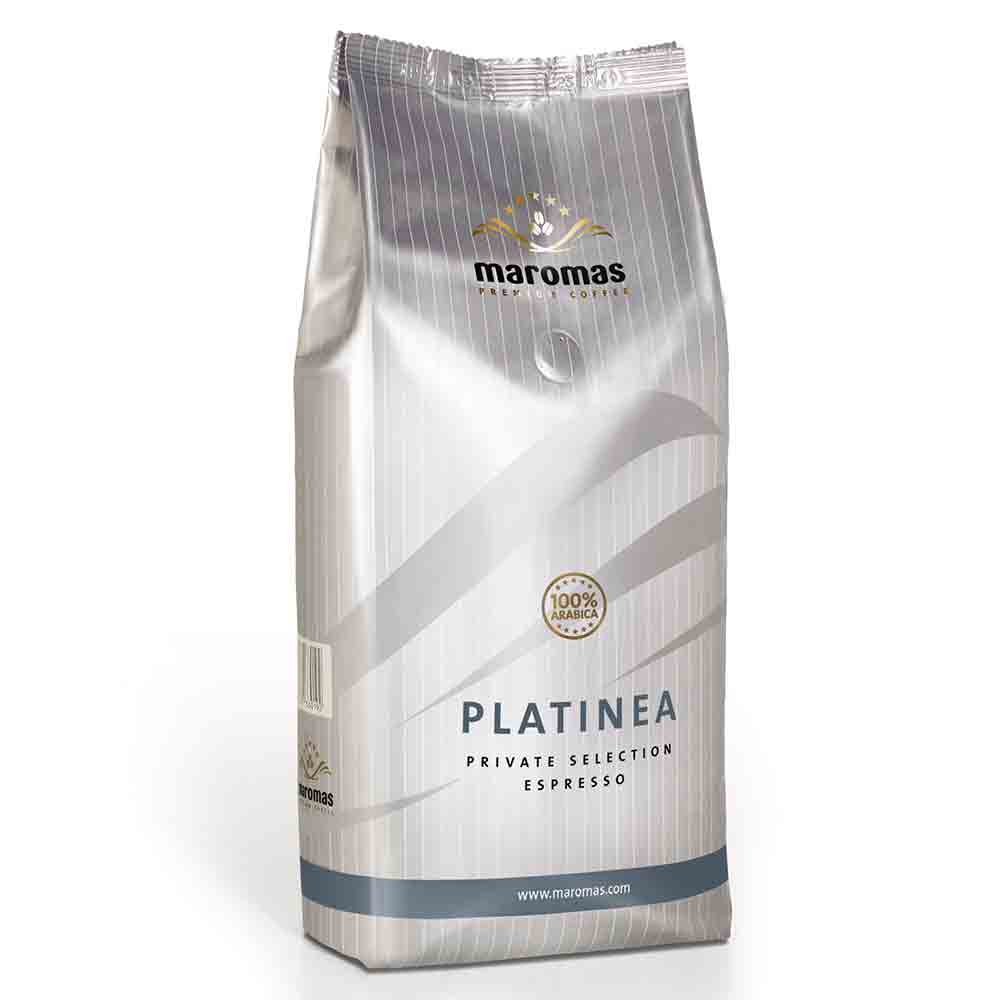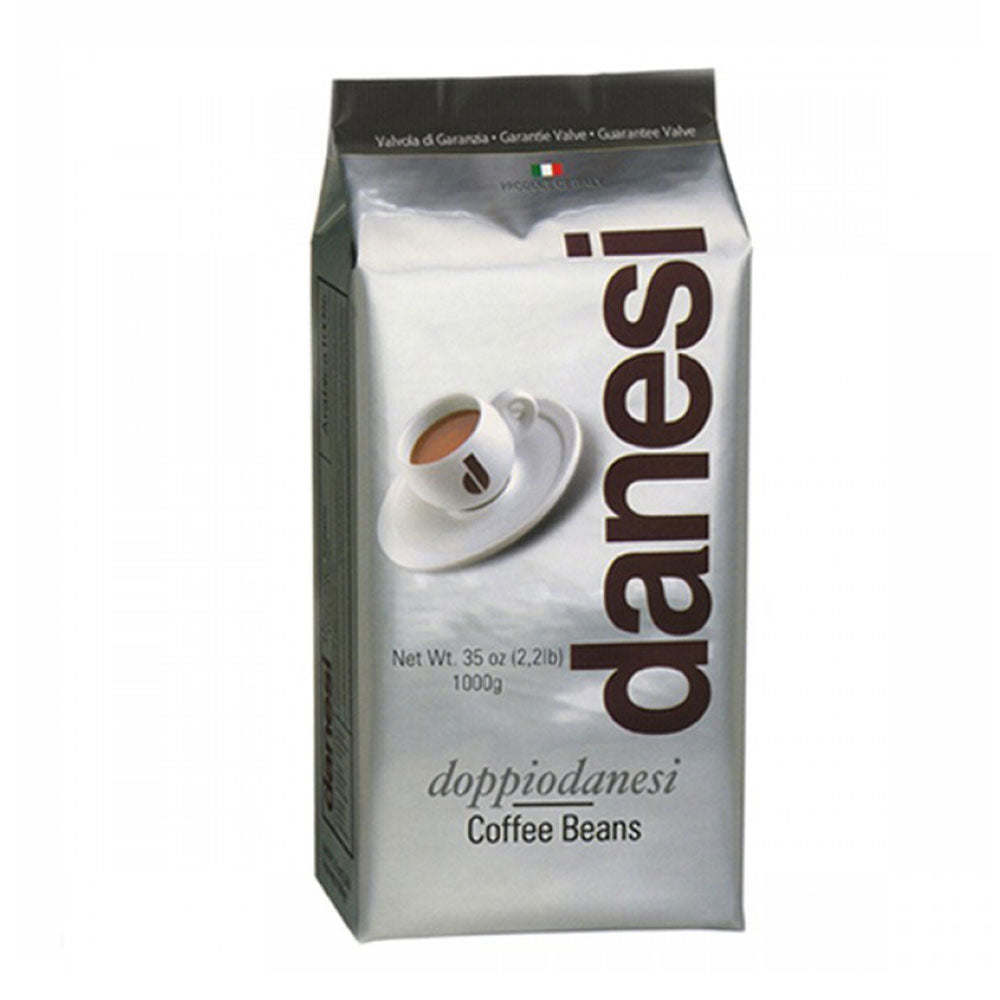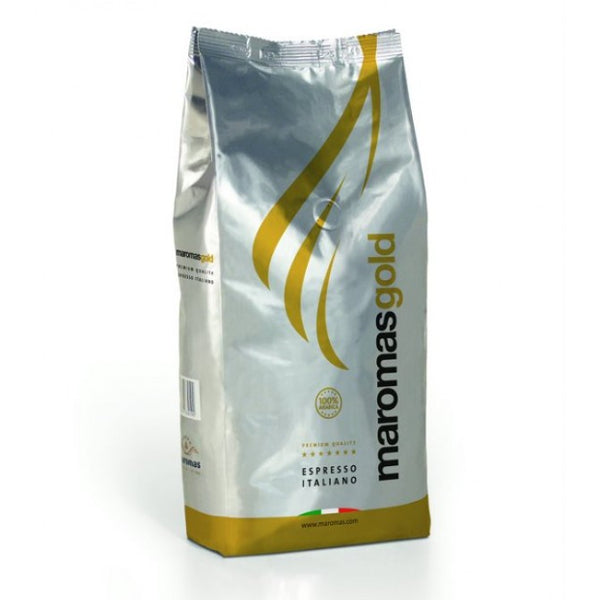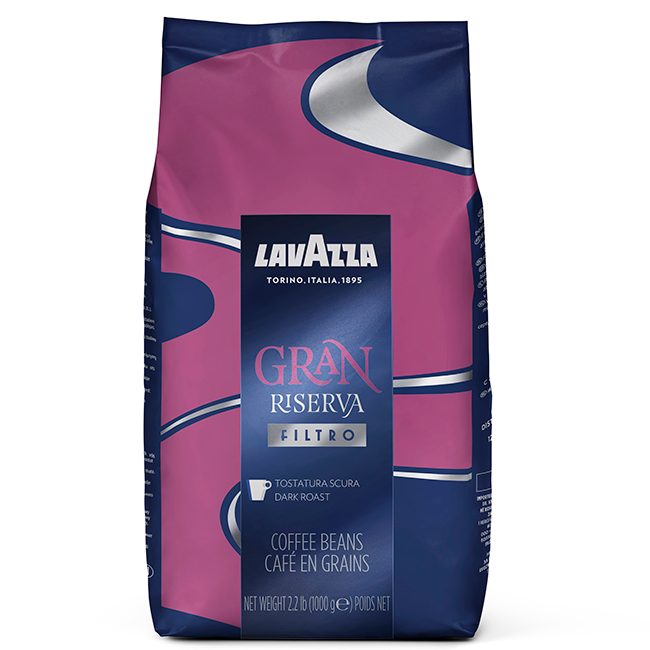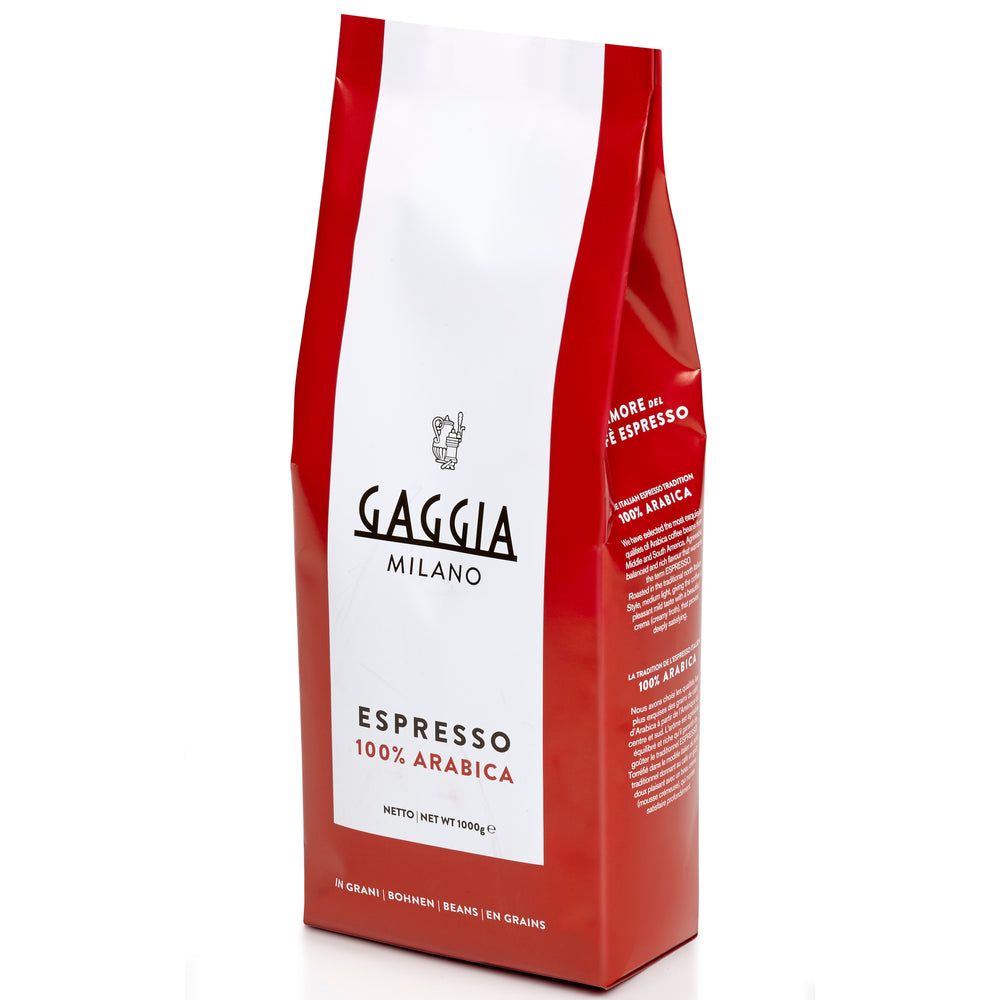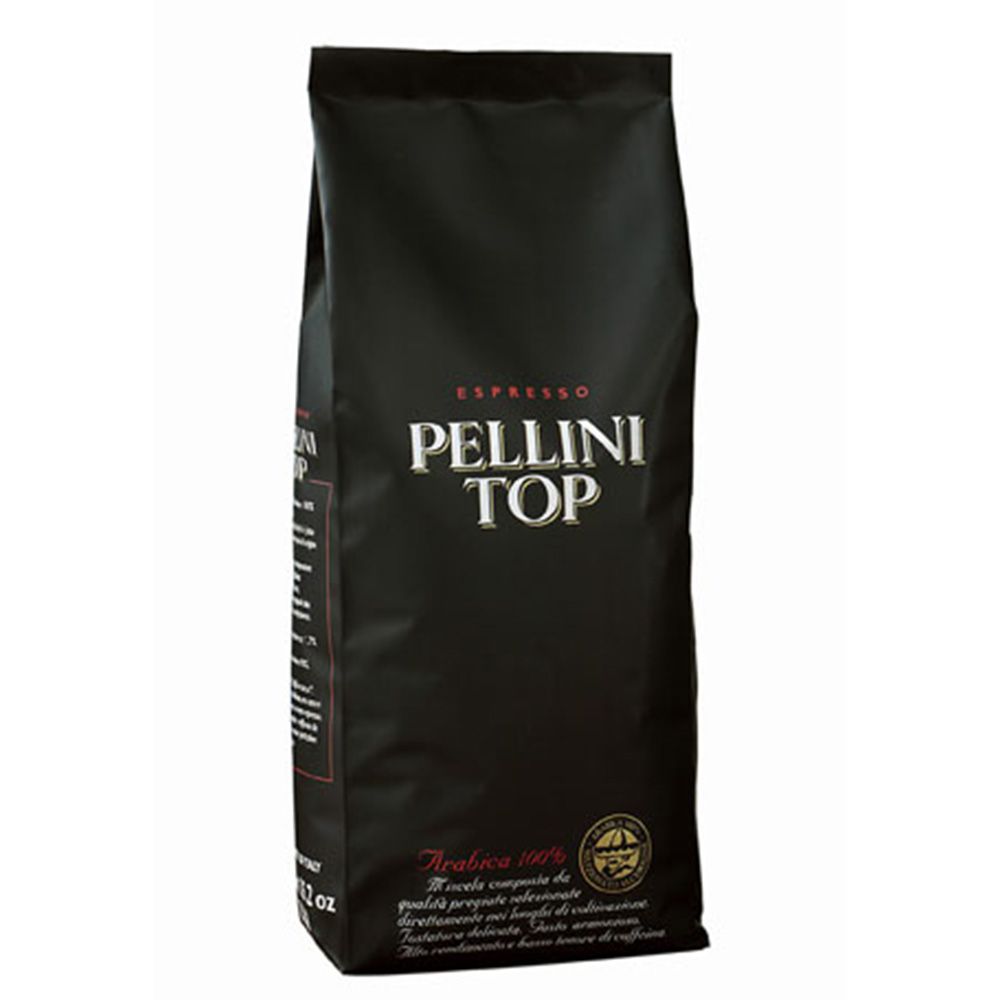Arabica vs. Robusta Coffee Beans
The term Arabica Coffee is used fairly commonly these days, usually with a 100% preceding it. You may be wondering what Arabica coffee even is, or what types of coffee beans there even are, or even what are the best coffee beans. These are all fairly broad questions but definitely ones worth answering.
To start with the first question, “what is Arabica coffee?” It's important to establish some basic foundations, the most important of which being that there are two commercially harvested varietals of the coffee plant that make up the vast majority of all coffee consumed. These two plants are Coffea Arabica and Coffea Canephora, the former being Arabica Coffee and the latter being Robusta Coffee.

Single-Origin Coffee: How Location Affects Flavor
What is Arabica Coffee?
In order to compare and contrast these two varieties of coffee, we’ll want to define the characteristics of both. Let’s start with Arabica coffee. Arabica is the more expensive of the two varietals, possessing more nuanced and delicate flavors, but also more demanding requirements for successful farming. Think of it as the USDA Prime Beef to Robusta’s Choice or Select grading. Because of its more favorable characteristics and also its greater cost to produce, Arabica coffee is understandably more expensive as a result.
Arabica coffee requires partial shade in order to be grown successfully and cannot withstand direct sunlight. As a result, it is often grown in conjunction with other fruits and plants to shield it from the sun. It’s also more susceptible to pests and diseases, and it needs to be grown at higher altitudes. If you're interested in trying some 100% Arabica coffees, we have a sampler for that, but for a broader look, check out our list of eight 100% Arabica coffees below:
Top 8 100% Arabica Coffees
-
Lavazza Qualita Oro Whole Bean 100% Arabica Medium Roast is an extraordinarily sweet full bodied coffee that is smooth and aromatic roasted in the traditional style in...
-
Lavazza Espresso Italiano's smooth, well-balanced flavor is the result of a carefully selected blend of 100% Arabica beans. Delicately brought to a medium roast, this ...
-
A fine Cuvée Prestige espresso with grand aromas and noble acidity for the distinguished Espressionist. A blend composed of 100% Arabica coffees. Each cultivar is roas...
-
Danesi has put in years of research to produce its Danesi Caffe Doppio Espresso which is blended in Rome Italy of East African, Colombian and Brazilian premium washed ...
-
Lightly roasted, and blended in the Northern Italian tradition, Maromas GOLD subtly entices you broaden your espresso horizons. Made from 100% Arabica beans, the GOLD ...
-
A 100% Arabica blend, Lavazza's Gran Riserva Filtro is a dark roast that's perfect for brewing filter and drip coffee. Producing an intensely flavorful cup, this coffe...
-
Gaggia's Espresso 100% Arabica is a blend of African, Central American, Indian, and South American coffees, roasted to ensure low acidity. A soft body and velvety crem...
-
Pellini’s flagship espresso, Top 100% Arabica, features altitude-grown coffee to yield low-caffeine, well-balanced and aromatic drinks. This dark-roast espresso has be...
What is Robusta Coffee?
On the other side of the coin we have Robusta coffee, the harsher, cheaper alternative to Arabica. As James Hoffman points out in The World Atlas of Coffee, Robusta as a name is used more to describe the robustness of Coffee Canephora more so than anything else. Robusta coffee does not have the same farming requirements of Arabica, and can survive at lower altitudes, in hotter climates, and generally resists pests more effectively. Its name is also a more accurate descriptor of its flavor characteristics as well, being more earthy, woody, and a bit more bitter. Compared to Arabica, despite being easier to grow, Robusta only makes up about 40% of the world’s coffee.
Does Arabica or Robusta Have More Caffeine?
For the caffeine conscious, it’s important to note that Arabica and Robusta coffee have different caffeine content to one another. As you may have guessed, Robusta coffee has about twice as much caffeine as Arabica, although depending on the type of coffee you buy, that may or may not be relevant. At the beginning of this blog we pointed out that it’s not uncommon for coffee to be marketed as 100% Arabica, which alludes to the fact that there are coffees that are a blend of both Arabica and Robusta.
In many cases, the blending is a deliberate choice to balance the characteristics of both coffees for the purposes of producing a specific flavor profile. The inclusion of the Robusta can add an extra kick of caffeine, and in the case of espresso, tends to produce more crema than Arabica. Blending the two varietals is prevalent among many of the Italian coffees that we sell; whenever we can, we include the ratio in the coffee’s specs on our product pages. If you’re ever curious about a coffee having more or less caffeine than another, looking at its Arabica/Robusta ratio is a good benchmark.
Many of our most popular espresso blends contain both Arabica and Robusta beans, so it’s fairly safe to say that a blend of both is perhaps the best! With that in mind, here are five popular espresso blends to consider:
Top 5 Espresso Blends
1. Lavazza Super Crema

$23.99
2. Maromas Orphea
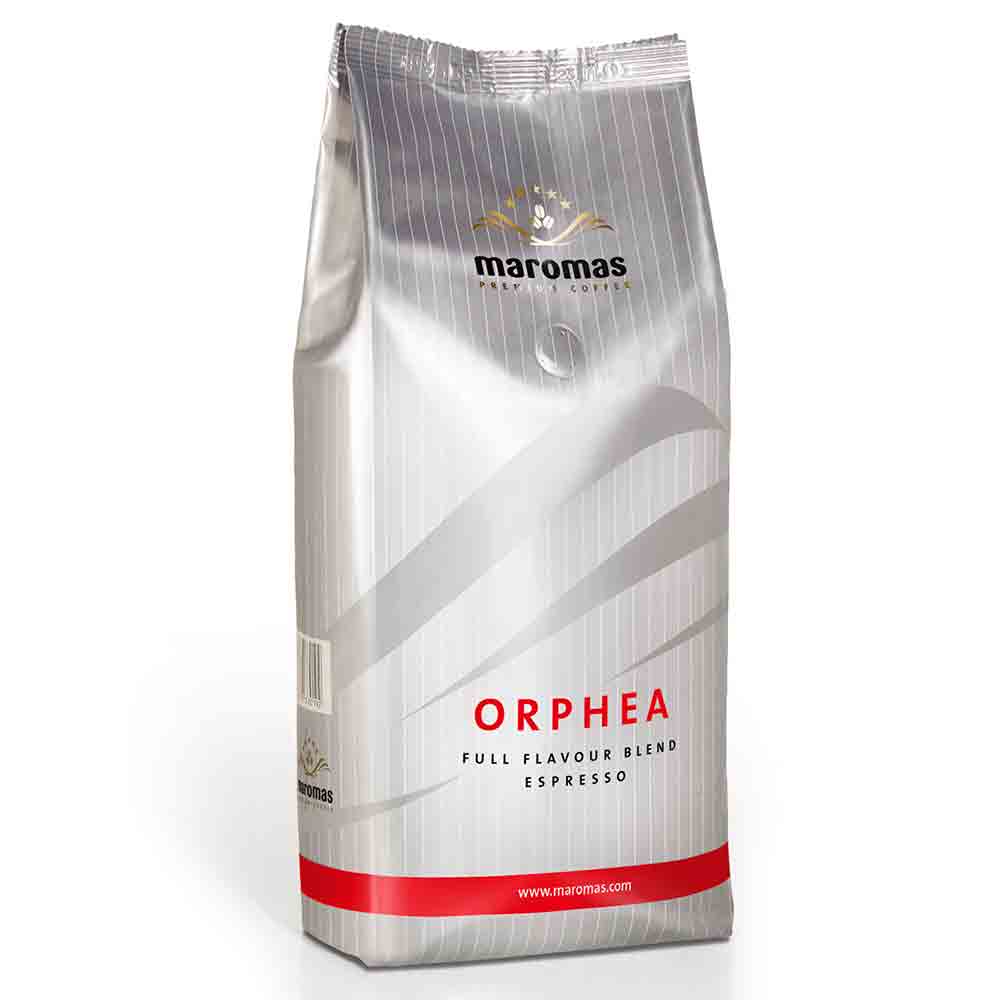
$21.29
3. Filicori Zecchini Gran Crema Delicato

$35.99
4. Coffee MIO Espresso Blend
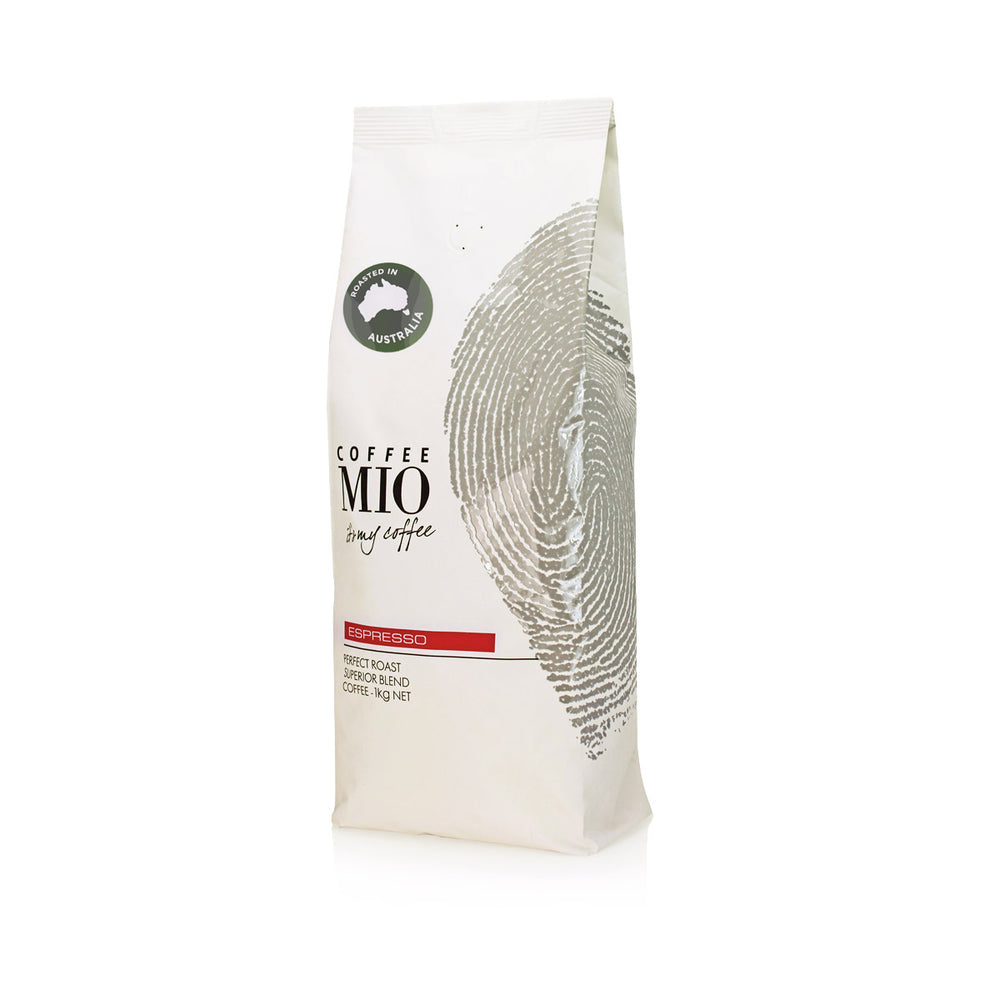
$25.99
5. Gaggia Intenso
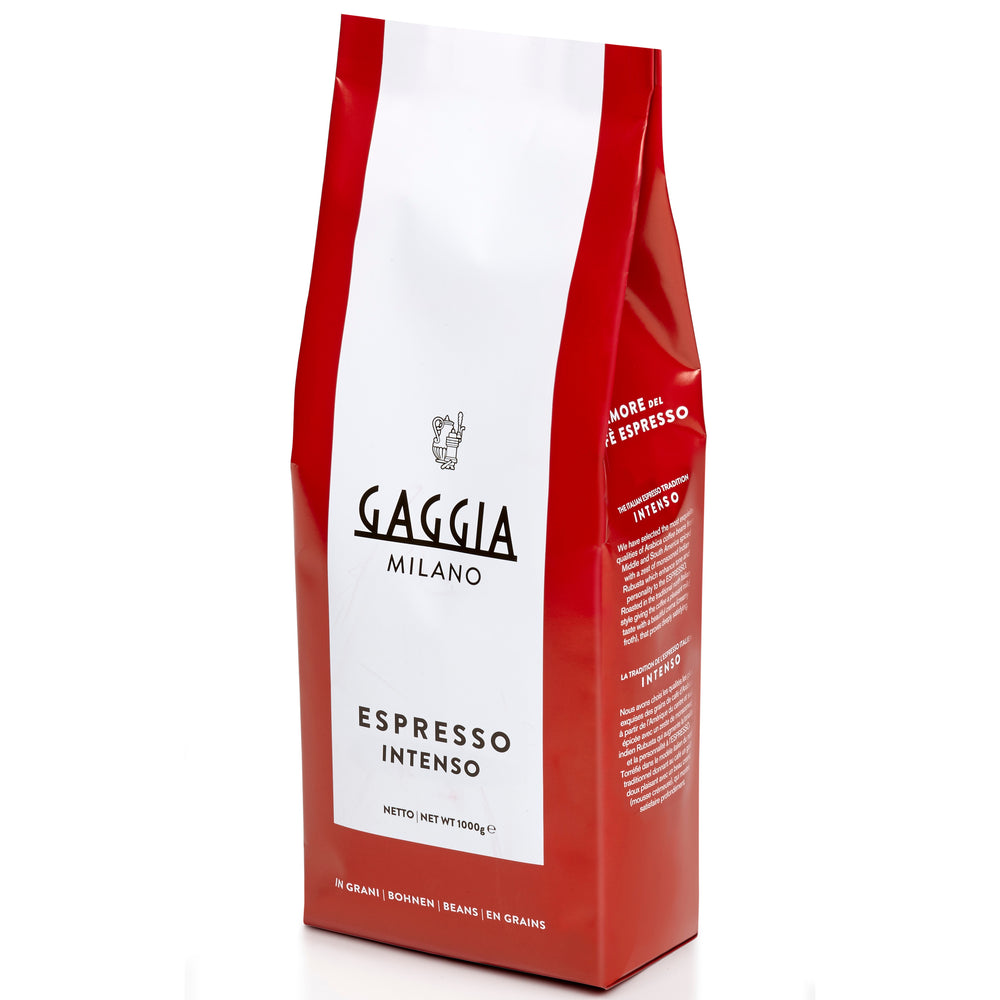
$19.99
Are there 100% Robusta Coffees?
You might be wondering that since it’s fairly easy to find 100% Arabica coffees, what about 100% Robusta? Well, in some countries around the world such as India, Thailand, and Vietnam where Robusta production is higher than Arabica, you can find 100% Robusta coffee being served with regularity.
However, in the United States you’ll be hard pressed to find it anywhere. But, if you’re looking to experience some varied takes on 100% Arabica coffee, our 100% Arabica Gold Espresso Sampler is a great way to experience three very different interpretations of Arabica by our friends from Lavazza, Maromas, and Coffee MIO:
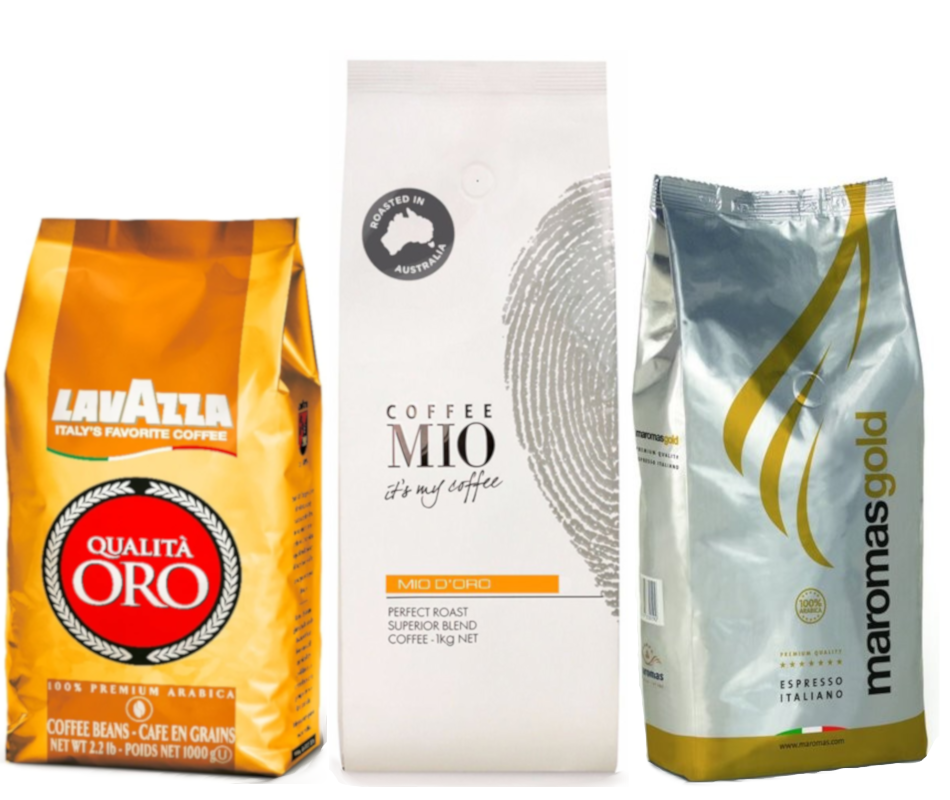
$64.99
And with that we hope that we’ve shed a bit of light onto the difference between Arabica and Robusta coffee. While the jury may be out on which is best, we’re convinced that they can live in harmony!
 USA
USA



